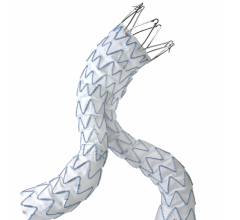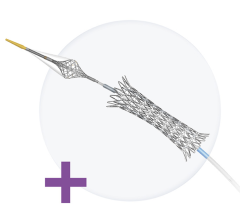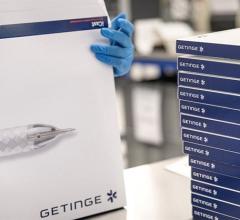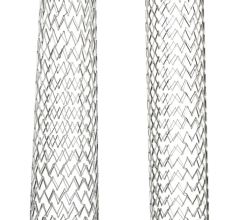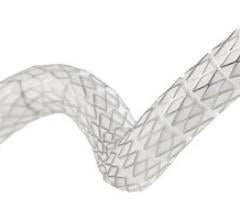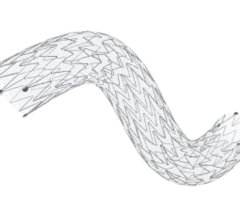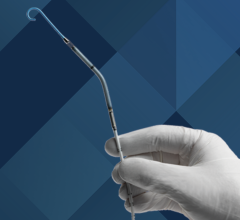April 1, 2008 - Percutaneous coronary intervention (PCI) may be a reasonable alternative to bypass surgery in patients with blockages in the left main coronary artery, according to a study that found no significant difference in rates of survival when stents and bypass surgery were used to restore blood flow through this critically important artery.
Patients who were treated with stenting were more likely to need a repeat procedure to keep the artery open, however.
The findings come from the Revascularization for Unprotected Left MAIN Coronary Artery Stenosis: COMparison of Percutaneous Coronary Angioplasty Versus Surgical REvascularization (MAIN- COMPARE) study, which drew its data from a large multicenter data registry in Korea, where left-main stenting is far more common than in the U.S.
The study was reported yesterday in a Late-Breaking Clinical Trials session at the SCAI Annual Scientific Sessions in Partnership with ACC i2 Summit (SCAI-ACCi2) in Chicago. SCAI-ACCi2 is a scientific meeting for practicing cardiovascular interventionalists sponsored by the Society for Cardiovascular Angiography and Interventions (SCAI) in partnership with the American College of Cardiology (ACC). This study will simultaneously publish in The New England Journal of Medicine.
The left-main coronary artery supplies blood to approximately 75 percent of the left ventricle. When a blockage is located in the left main coronary artery, coronary artery bypass surgery (CABG) is usually considered the safest procedure, unless the patient is protected by an existing bypass graft that routes blood to another major coronary artery supplying the left side of the heart.
The new study suggests it is worth considering stent implantation even if the left main coronary artery is unprotected by a prior bypass graft. "Because the recommendation for surgery for left main disease is based mostly on survival benefit, the lack of a statistically significant difference in mortality may support PCI as an alternative option to bypass surgery," said Seung-Jung Park, M.D., Ph.D., director of interventional cardiology at Asan Medical Center, Seoul, Korea. "It is also worth noting that most of patients treated with drug-eluting stents who need target vessel revascularization can be treated with subsequent PCI, without significant increase of death or serious complications."
For the study, Dr. Park and his colleagues analyzed data from 2,240 patients with unprotected left main coronary artery disease treated at 12 medical centers in Korea. Of these, 318 were treated with bare-metal stents, 784 were treated with drug-eluting stents, and 1,138 underwent bypass surgery. During three years of follow-up, patients treated with bare-metal stents were nearly 11 times as likely to need a repeat procedure to reopen the target vessel when compared to those who underwent bypass surgery.
However, the rates of death (hazard ratio: 1.04) and the combined rates of death, heart attack and stroke (hazard ratio: 0.86) were similar in the two groups. Patients treated with drug-eluting stents were nearly six times as likely to need a repeat procedure during three years of follow-up, but the rates of death (hazard ratio 1.36) and the combined rates of death, heart attack and stroke (hazard ratio: 1.40) were statistically similar, although there was a trend toward higher event rates with drug-eluting stents.
The next step is to test the study's findings in a more rigorous clinical trial, Dr. Park said. "Based on these observations, a randomized trial comparing PCI with drug-eluting stents and CABG is warranted in patients with unprotected left main disease who are candidates for revascularization," he said. "However, unprotected left main stenting should not be attempted in clinical practice before the physician has achieved specialized experiences."
For more information: www.scai-acci2.org

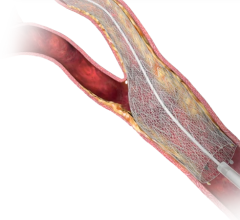
 November 24, 2025
November 24, 2025 
